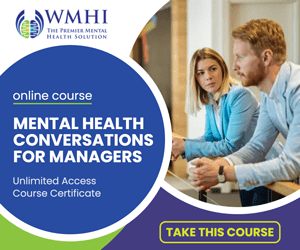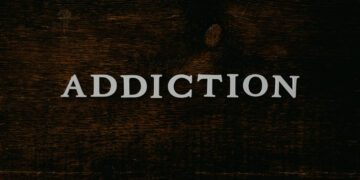In today’s hyperconnected world, the constant influx of digital information has led to rising concerns about mental well-being. Two key phenomena have emerged in response: digital detoxing (the intentional reduction of screen time) and doomscrolling (compulsively consuming negative news). Both trends highlight the growing need for balance in our digital lives.
This article explores the latest digital detox trends, the psychological impact of doomscrolling, and strategies to cultivate healthier tech habits—with insights from experts at The Good Mental.
The Rise of Digital Detoxing
1. What Is a Digital Detox?
A digital detox involves consciously limiting or eliminating screen time to reduce stress, improve focus, and enhance real-world connections. According to The Good Mental, excessive digital consumption can lead to anxiety, sleep disturbances, and decreased productivity.
2. Current Digital Detox Trends
Several trends are shaping how people approach digital detoxing:
-
Scheduled Screen-Free Time – Many now designate tech-free hours, particularly before bed, to improve sleep quality.
-
App Limits & Notifications Off – Tools like iOS Screen Time and Android Digital Wellbeing help users track and restrict usage.
-
Tech-Free Retreats – Wellness resorts now offer unplugged vacations to help guests disconnect.
-
Mindful Social Media Use – People are curating feeds, unfollowing toxic accounts, and setting strict usage boundaries.
The Dangers of Doomscrolling
1. What Is Doomscrolling?
Doomscrolling refers to the habit of endlessly scrolling through negative news, often leading to heightened stress, anxiety, and helplessness. A 2023 study found that over 60% of adults engage in doomscrolling, particularly during crises.
2. Psychological Effects
-
Increased Anxiety & Depression – Constant exposure to distressing news triggers cortisol spikes.
-
Sleep Disruption – Blue light and stress from negative content impair sleep quality.
-
Cognitive Overload – The brain struggles to process excessive negative information, reducing focus and productivity.
Strategies for a Healthier Digital Life
1. Set Boundaries
-
Use app timers to limit social media.
-
Turn off non-essential notifications.
-
Designate device-free zones (e.g., bedrooms).
2. Curate Your Feed
-
Unfollow accounts that trigger negativity.
-
Follow positive, educational content instead.
3. Practice Mindful Consumption
-
Check news only at specific times (not before bed).
-
Replace doomscrolling with offline hobbies like reading or exercise.
As digital engagement reaches unprecedented levels, the need for digital detoxing and combating doomscrolling has never been more critical for mental well-being. Rather than rejecting technology altogether, the solution lies in mindful engagement—setting intentional boundaries, cultivating healthier tech habits, and prioritizing real-world connections.
A digital detox isn’t about complete disconnection; it’s about taking control of when and how we interact with digital devices. By doing so, we can harness the benefits of technology—connectivity, productivity, and access to information—without compromising our mental health. The key is balance: staying informed without overconsumption, staying connected without dependency, and using technology as a tool rather than letting it dictate our lives.
With awareness and proactive steps, we can reduce the harms of excessive screen time while remaining meaningfully engaged in both the digital and physical worlds.









